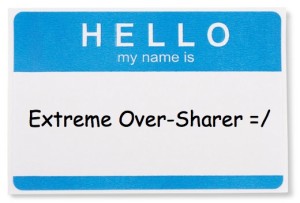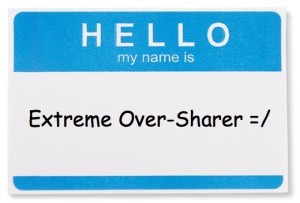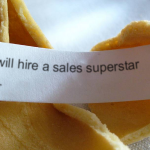It’s about the process
Ryan, a software sales rep, had been having a rough day. He’d been bombarded with questions from several customers and gotten behind on work that he needed to finish before the end of the day.
He then got a call from Wayne, a prospect who introduced himself by saying: “I’ve heard great things about your engineering software package. I saw a demo about a year ago, and was not in a position to purchase it at the time. But since then, it’s become very apparent that I need to integrate it into my system.”
“Wow,” Ryan thought. “This will be easy. It’s about time something went right today.”
Then, Wayne said: “I need to know about the cost, the tech support and how soon it can be installed.”
Ryan immediately went into his pitch. He discussed tech support in detail, covered availability and other options, and explained that the price was $12,000, with 30-day terms.
Wayne’s response was unexpected. He said that $12,000 was quite a hefty price tag and he needed a couple of days to think about all of this more carefully. He’d call Ryan back next week.
Ryan did a double take. “What just happened?” he thought. “This sale was in the bag, a sure thing. He really needs it and now he’s thinking it over? He said he needed the software right away.” And that was the end of the call.
So, what happened? Ryan got lazy, plain and simple. He thought Wayne was sold. He thought that all he had to do was give him the information he needed, then write it up. He got fooled into assuming the sale without doing the work. He never got Wayne to talk about why he was looking now, with what seemed to be a real priority about buying the software. The entire transaction was conducted at the intellectual level, without any real understanding of the true need.
So, what happened? Ryan was lured into taking shortcuts. He mistakenly thought the prospect’s enthusiasm was a sure sale.
You need the time to qualify the prospect and make sure he’s real before giving out information or making your presentation.
In Ryan’s case, a couple of questions would have made a world of difference. He might have said: “Before we discuss pricing, help me understand why this software is so important. I want to make sure the application is correct for you. Would you mind if I ask you a couple of questions?”
It is so important to gather this information before you discuss price so you can truly have an understanding of not only why they want the software, but the consequence of not installing it.
Once you give away your information – whether on the phone, in a presentation or in the form of a proposal – you have given up any form of control and are at the mercy of the prospect.
Remember: It’s not about the sale; it’s about the process.
Greta Schulz is known as one of the best top sales speakers and trainers in Florida. She has made a name for herself in the sales training and business training community. From her best selling books to her weekly updated blogs and articles she produces nothing but the best Sales Tips for you.
For more sales training tips and tools, or to ask her a question, go to www.schulzbusiness.com or email greta@schulzbusiness.com.













